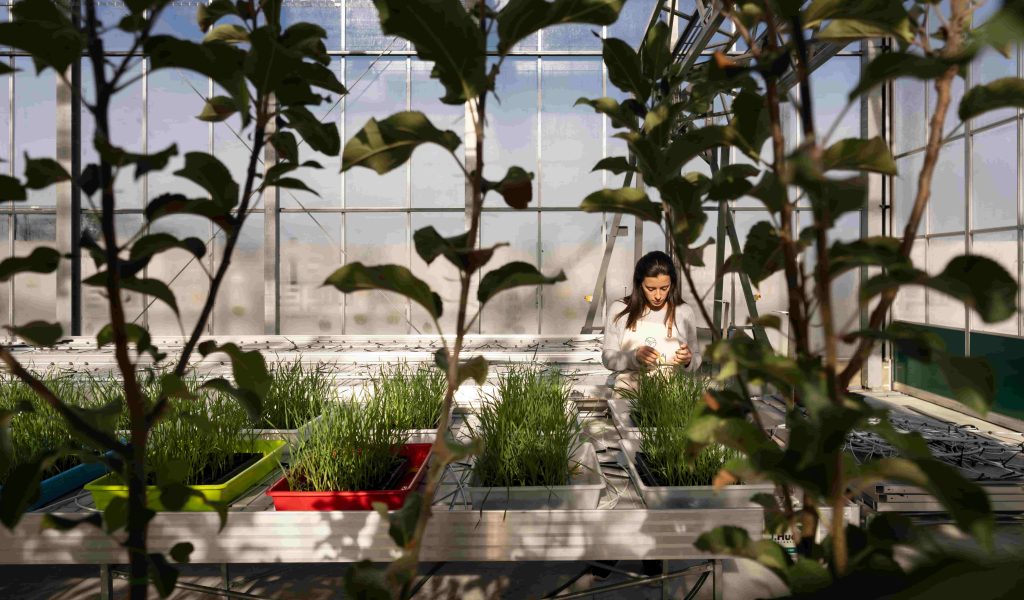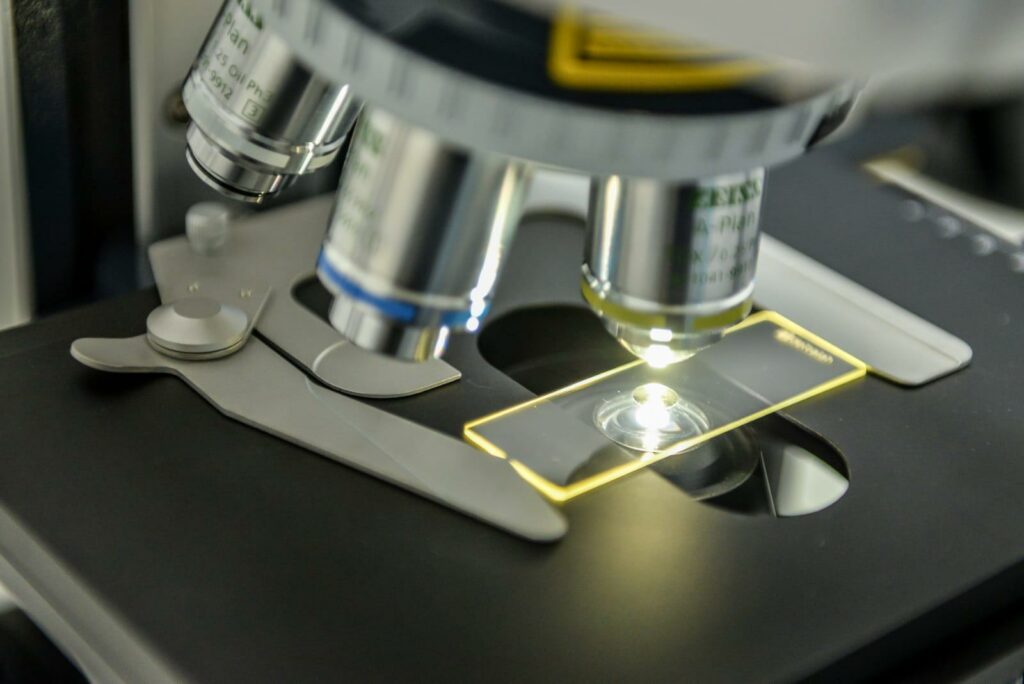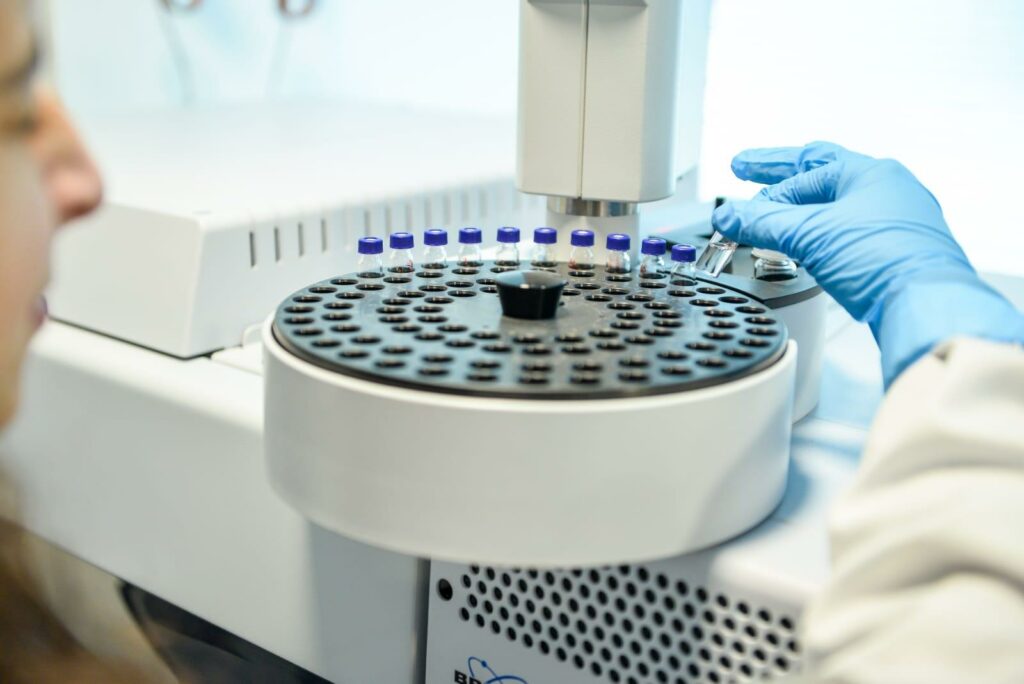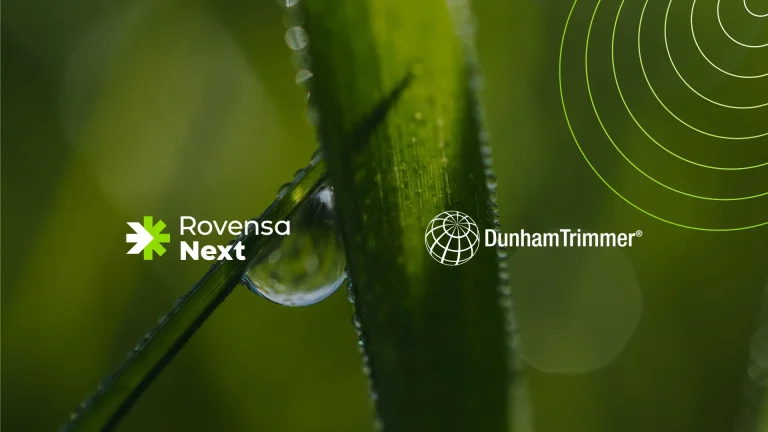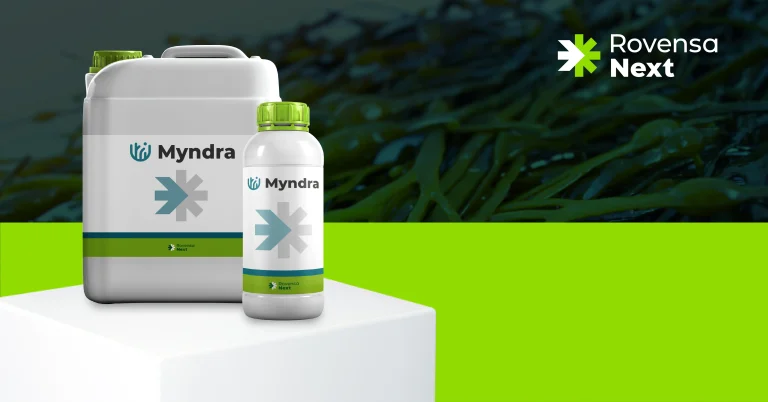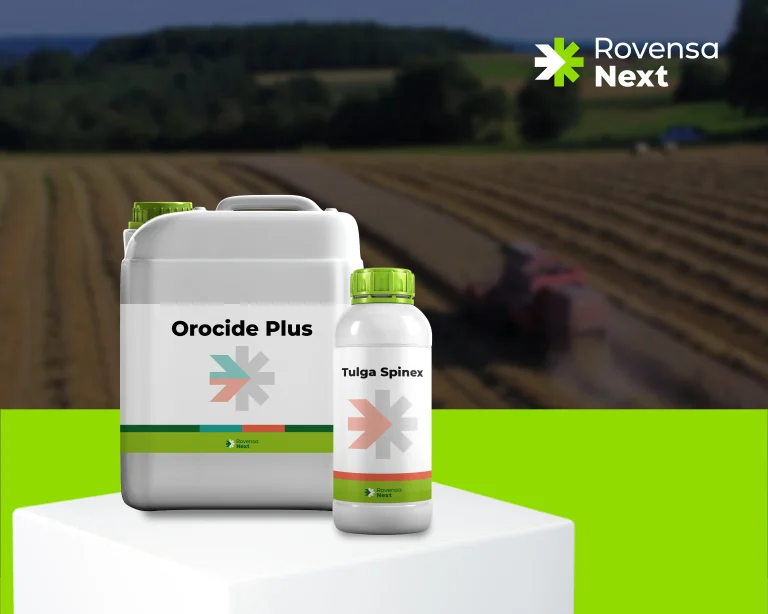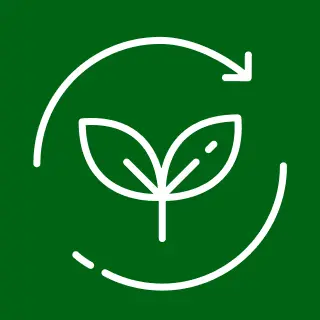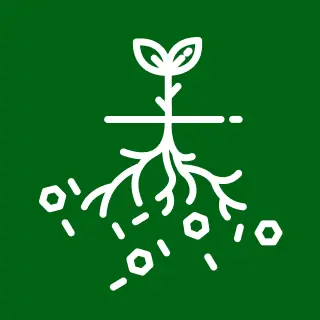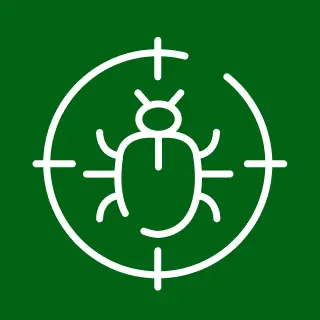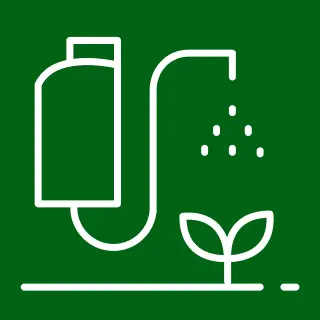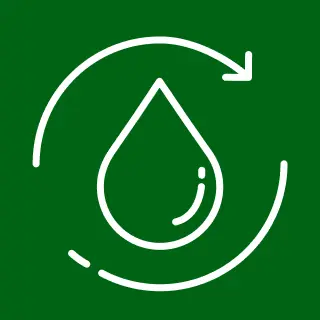Expanding our commitment to agriculture innovation
Recently, Rovensa Next significantly strengthened its commitment to innovation with continued investments to grow our Palmela facility. This expansion includes a new area dedicated to biologicals research and a new building to host the entomology research unit and pilot plant areas. These additions will facilitate and accelerate the development of novel, green-delivery systems for biocontrol solutions.
The new investment complements our existing R&D facility, which includes state-of-the-art laboratories, offices, and a greenhouse area featuring an advanced phenotyping system.
Analytical facilities: The backbone of R&D
Our Analytical Services labs are crucial in developing new agricultural inputs. Equipped with robust Liquid Chromatography (LC), Gas Chromatography (GC), and Inductively Coupled Plasma Mass Spectrometry (ICP-MS) systems, these labs provide reliable data on storage stability, physico-chemical properties, and product identity playing a vital role in regulatory compliance and offering insights for efficient R&D.
Biological facilities: leading the way in biocontrol research
The Biocontrol Research Unit in Palmela focuses on developing high-efficiency, safe biocontrol agents, including fungi, bacteria, and algae. Our research encompasses:
- Screening of bacteria, fungi, and algae metabolites for insect and weed control.
- Scaling up production processes in fermentation reactors.
- Finalizing product formulation technologies.
- Validating biocontrol agents at laboratory, greenhouse, and field trial scales through our Technology Validation and Crop Scouting teams.
Current research projects
Bioherbicide research
We are actively screening plant pathogenic fungi (mycoherbicides) and algae for their potential to control weeds. Both the biomass and its metabolites are being evaluated as effective bioherbicides. Our team of experts in Biocontrol is assessing efficacy against more than ten economically significant weeds and conducting safety tests.
Bacterial biocontrol agents
Our research includes developing specific proteins from selected Bacillus strains to control soil-borne diseases. We are working on low-cost media and production processes at pre-pilot scale and studying product formulations for extended shelf life. Additionally, we are developing bacterial strain prototypes to control fall armyworm and nematodes (root-knot and cyst nematode).
Plant-derived botanical extracts
Rovensa Next, a pioneer in Orange Oil-based products, is expanding its research into plant-derived botanical extracts that promise safe and effective alternatives for growers. For all above, our R&D team of experts collaborates with renowned research institutes to develop advanced technological solutions, such as Spray-Induced Gene Silencing, targeting recalcitrant plant diseases like Phytophthora and Fusarium.
Entomology unit: expanding research capabilities
With the expansion of our Palmela facility, our entomology team now maintains an Entomology Lab Insectary with various insect and mite species. On the other hand, Rovensa Next team of R&D experts in biocontrol is currently assessing a new portfolio of insecticides based on plant-botanical extracts, targeting thrips and mites to solve growers’ main current challenges. In addition, research at the entomology unit in Palmela is shared with our entomology facility in Cape Town, South Africa, where four other insect species are housed, thus ensuring extensive improvement of ongoing projects.
Advanced phenotyping Unit for in-depth knowledge
But this doesn’t end here, the 325 m² greenhouse in Palmela houses a state-of-the-art phenotyping system with highly specialized sensors. These sensors allow for non-destructive analysis of plant properties, facilitating accelerated semi-field testing and providing in-depth knowledge on R&D products. Current priority projects include studying a new fungal-based phytohormone and rhizosphere-colonizing microbes, which impact plants’ natural defence mechanisms.
Collaborative efforts: partners at EU-Horizon funded project SAGROPIA
Rovensa Next is a proud participant in the SAGROPIA project, a collaborative EU-HORIZON funded initiative aimed at the innovation of sustainable crop protection strategies. This prestigious consortium includes universities, technology centers, industry partners, and growers’ associations. The project’s goal is to reduce chemical pesticide use by 50% and replace specific pesticides in potato and sugar beet cultivation with biocontrol methods targeting nematodes, fungi, and insects.
Our contributions include biosolutions such as the orange oil-based technology of Rovensa Next and new developments such as a biological nematicide, an insecticide based on plant-botanical extracts, and a new salt with excellent fungicidal properties. These solutions are integrated into IPM strategies, with products from industry partners, to control target pests and diseases in potato and sugar beet, supporting farmers with effective, sustainable pest management tools.
The commitment of Rovensa Next to sustainability and efficiency ensures we continue to develop cutting-edge solutions for the agricultural industry. Stay tuned for more updates on our groundbreaking research and developments!

